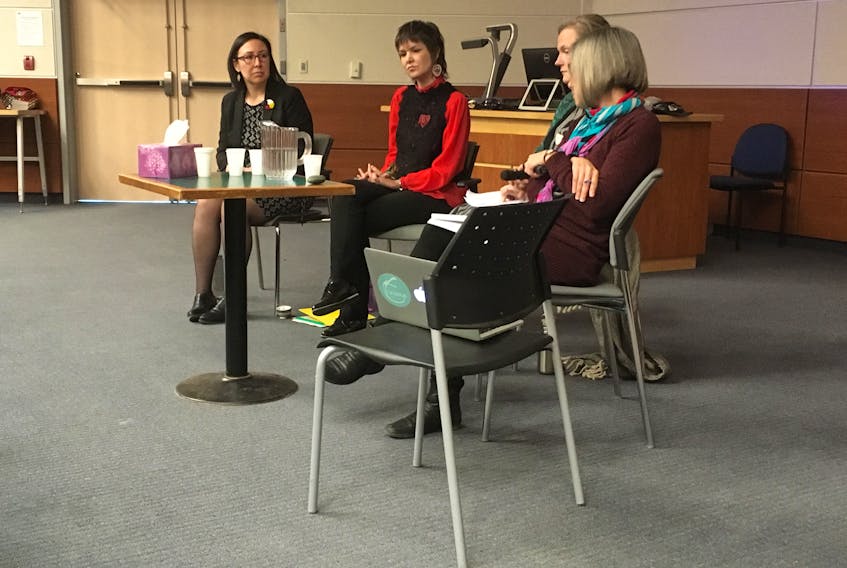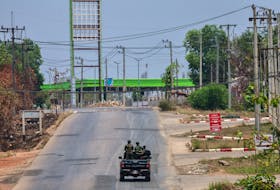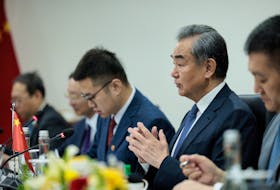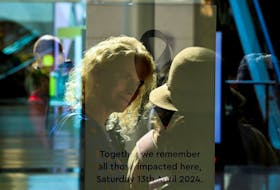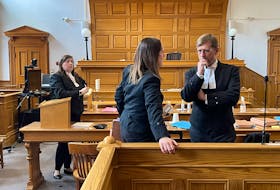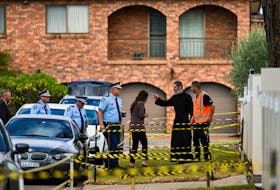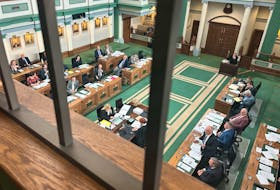Colten Boushie, a 22-year-old Cree man from the Red Pheasant First Nation, was shot and killed in August 2016. The verdict last week in the subsequent trial, acquitting Saskatchewan farmer Gerald Stanley, has led to public debate and demonstrations, with conversations on systemic racism and direct calls for justice system reform.
In St. John’s, Julia Christensen felt an immediate and powerful response when she heard the story of Boushie’s death and the verdict in the court case, and she wondered about how she might respond in a productive way.
“I started to feel incapacitated, that there was just such a feeling of injustice,” she said, speaking briefly with The Telegram on Wednesday afternoon.
RELATED STORY:
150 acts of reconciliation for Canada’s 150
Christensen had just wrapped up a panel event on the Boushie case — about its aftermath and what might be done, more broadly, to improve relationships between non-Indigenous and Indigenous people in Canada.
Christensen is the Canada Research Chair in Northern Governance and Public Policy, and an associate professor in geography at MUN and led the organization of the event to bring together staff, faculty and administrators as well as interested members of the public in the spirit of truth and reconciliation.
She wanted to respond to the news stories.
“Wanting — when my son grows up or when my nieces grow up, and they say, ‘What did you do?’ — to say I did something, and not just say ‘Oh, that was a really tumultuous time in Canadian history,’” she said.
MUN’s special adviser to the university president on aboriginal affairs, Catharyn Andersen, said Christensen consulted and asked for recommendations on potential panelists, acting as an ally to Indigenous people in her approach.
Andersen began the panel session with a reading of the basic facts about the Boushie case.
The session lasted just under two hours and was broadcast through Facebook Live by the on-campus radio station CHMR-FM. Panelists including Christensen; Barbara Barker, a lawyer and aboriginal cultural education co-ordinator with MUN’s Aboriginal Resource Office; and Dorothy Vaandering, an associate professor with the faculty of education and the director of Relationships First — Restorative Justice in Education Consortium NL.
Comments from the panelists and in the subsequent discussion touched on jury selection and existing limitations in the justice system, but also on education, including commentary on the university’s approach to the inclusion and support of Indigenous students.
Chief Mi’sel Joe of the Miawpukek First Nation at Conne River was part of the audience and, during a question and answer period, acknowledged Boushie’s death as bringing about the exchange. He also spoke to, among other things, the need to improve public education around the history of First Nations, Inuit and Métis people, and even continued lack of basic knowledge of Indigenous people in Newfoundland and Labrador, including his own people.
In response to another audience member’s question on what students might do to support reconciliation, recommendations included considering activities as recommended in the “150 acts of reconciliation for Canada’s 150” released online at ActiveHistory.ca. Suggested activities include writing to the local police chief or RCMP detachment lead to ask how they are fostering connections with local Indigenous communities, learning a greeting in a local Indigenous language or talking to a friend about an Indigenous issue in the news.

